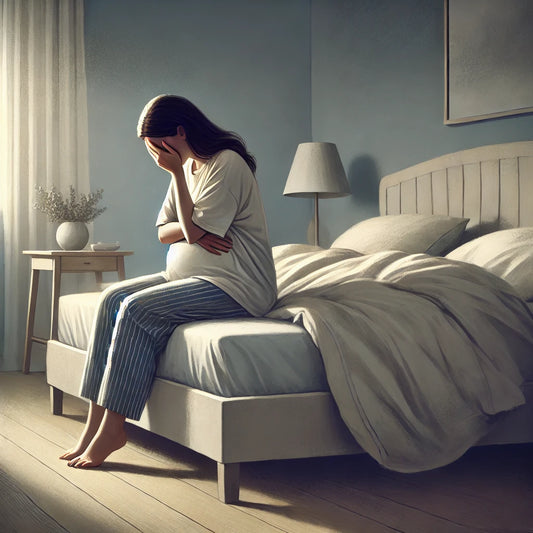A bladder prolapse, also known as cystocele, is a common health issue in women, especially after menopause. It can cause uncomfortable symptoms and affect your daily life. In this blog post, we'll delve into what a bladder prolapse is, its causes and symptoms, how it's diagnosed and treated, and most importantly, how you can prevent it.
What Is a Bladder Prolapse? A bladder prolapse occurs when the wall between your bladder and vagina weakens or stretches, causing the bladder to descend into the vagina. This weakening can have various causes, such as pregnancy, childbirth, menopause, excessive pelvic pressure, and obesity.
Symptoms of a Bladder Prolapse Symptoms of a bladder prolapse can vary, but common complaints include:
- The sensation of pressure or a bulge in your vagina.
- Urinary problems such as frequent urgency, difficulty urinating, and involuntary urine leakage (urinary incontinence).
- Sexual issues such as pain or discomfort during intercourse.
How Is a Bladder Prolapse Diagnosed? Typically, a medical professional, often a gynecologist, diagnoses a bladder prolapse. The diagnosis is made based on your symptoms and a thorough physical examination. Sometimes, additional tests like cystoscopy or ultrasound may be required to assess the severity of the prolapse.
Treatment Options The treatment for a bladder prolapse depends on its severity. Several treatment options are available, including:
- Pelvic floor exercises to improve muscle tone in the pelvic area.
- The use of a pessary, a soft ring inserted into the vagina to support the prolapse.
- Surgery to repair the descended bladder and rectify damaged tissue.
Preventing a Bladder Prolapse While it's not always possible to prevent a bladder prolapse, you can take some steps to reduce the risk:
- Regular pelvic floor exercises to keep your pelvic muscles strong.
- Avoiding excessive pelvic pressure, such as heavy lifting, addressing constipation, and managing coughing problems.
- Maintaining a healthy lifestyle, including maintaining a healthy weight.
Conclusion A bladder prolapse is a common issue in women, but effective treatments are available to relieve symptoms and enhance your quality of life. If you suspect you have a bladder prolapse, don't hesitate to discuss it with a healthcare provider. A healthcare professional can offer guidance on the best treatment options and provide personalized care.
Please remember that this blog post is for informational purposes only and does not replace professional medical advice. Always consult a healthcare provider for an accurate diagnosis and treatment of medical conditions.





